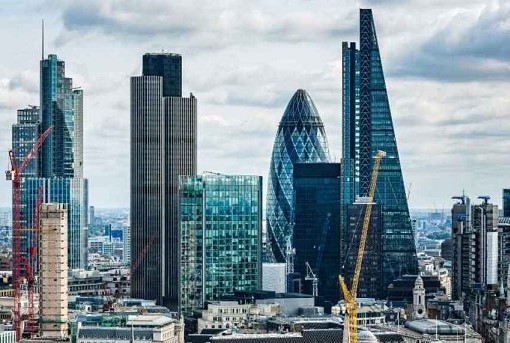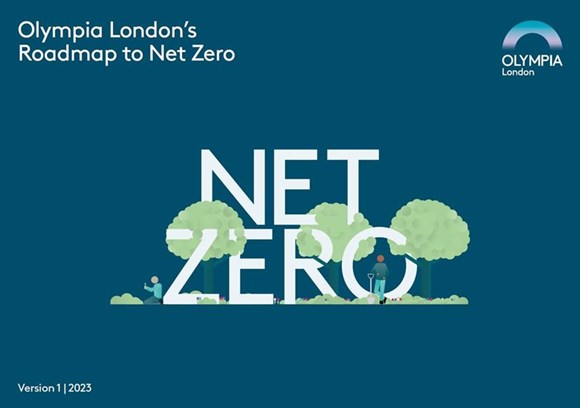In 2021, a handful of event organisers, venues and suppliers got the ball rolling for the event industry by signing up to the Net Zero Carbon Events Pledge.
This meant committing to halving their emissions by 2030 and achieving net zero by 2050. Part of this commitment was to publish their roadmap to net zero by the end of 2023 and report progress every two years. Since then, hundreds of other organisations have signed up to the pledge too.
Despite the current cold temperatures, 2023 has been announced as the hottest year on record globally. In the last few weeks, leaders from around the world gathered in Dubai for COP 28 (United Nations Climate Change Conference) to agree on ways to achieve global net zero emissions by 2050.
Anna Golden, Commercial Director, Olympia London said: “It’s a tough ask for country leaders to work together and find a way through the political, financial and day-to-day challenges to activate real change to achieve this goal.
“Similarly, it’s a massive challenge for individual companies to change their way of operating, and the key factor in getting the event industry to net zero will be collaboration on joint initiatives and sharing learnings and progress.” Olympia London has been a driver of joint sustainability initiatives for many years through its ESG strategy, The Grand Plan.
The venue reports annually on its sustainability status as well as providing each event organiser with a post-event sustainability assessment report. After signing up to the Net Zero Carbon Events Pledge in 2021, Olympia London took on environmental consultancy JRP Solutions to audit the venue and help plan the steps to becoming a net zero business.
The venue has just released the first iteration of its roadmap to net zero. Siân Richards, Head of Sustainability at Olympia London commented: “We recognise we’ve got such a long way to go to meet our 2050 objective and we estimate we’ll need to reduce our emissions by 71% by 2035 to achieve it.
“We’ve learnt that our Scope 3 indirect emissions account for 63% of our carbon footprint so this will be a major area of focus. There’ll be lots of challenges and tough decisions along the way. However, our roadmap now sets us off on that pathway and gives us clear areas of focus.”











